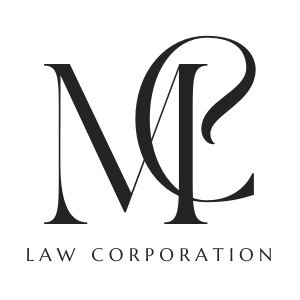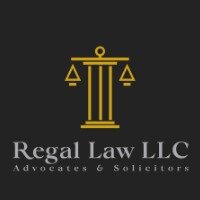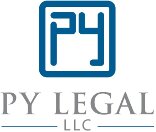Best White Collar Crime Lawyers in City Hall
Share your needs with us, get contacted by law firms.
Free. Takes 2 min.
List of the best lawyers in City Hall, Singapore
About White Collar Crime Law in City Hall, Singapore
White collar crime in Singapore's City Hall area typically involves non-violent offenses committed through deceptive practices, primarily for financial gain. These may include embezzlement, fraud, insider trading, tax evasion, and bribery. The exact scope and nature of these offenses are governed by several local laws and international agreements. Singapore, known for its strict laws and regulations, takes white collar crime very seriously, and these offenses usually carry severe penalties, including substantial fines and potentially long prison terms.
Why You May Need a Lawyer
The complexity of Singapore's legal system in addressing white collar crime, and the potential severity of punishments, require that those implicated seek experienced legal counsel. Whether you are facing allegations or are under investigation, it is essential to have a lawyer who understands the intricacies of the law, can interpret evidences presented and strategize the best defense or negotiation for your case. Also, individuals or businesses may require a lawyer's perspective in understanding potential liabilities to prevent unlawful activities within their operation.
Local Laws Overview
The key laws governing white collar crime in City Hall, Singapore, are the Penal Code, the Prevention of Corruption Act (PCA), the Companies Act, and the Securities and Futures Act (SFA). These cover a broad range of offenses, from bribery and corruption to various kinds of financial and business fraud. Depending on the nature and severity of the offense, penalties may include fines, imprisonment, or both.
Frequently Asked Questions
1. What is considered a white collar crime?
A white collar crime is mostly a non-violent offense, typically committed by individuals or organizations in business and professional settings. Examples include fraud, embezzlement, corruption, and tax evasion.
2. What are the punishments for white collar crimes in City Hall, Singapore?
Penalties vary based on the seriousness of the offense, but they can be very severe. This may include hefty fines, imprisonment, or a combination of both. In certain cases, corporate entities may also be liable to penalties.
3. What kind of evidence is required to convict someone of a white collar crime?
The type of evidence depends on the specific crime committed. However, financial records, electronic data, and witness testimony are common in these cases. In some cases, foreign evidence may also be presented if the criminal activity transcends borders.
4. Can I represent myself in a white collar crime case?
It's not advised. The law surrounding white collar crimes is complex and requires specialized knowledge. A lawyer with specific expertise in this field can provide invaluable advice and defense.
5. Can my company be held liable for my actions?
In certain cases, yes. If it's proven that a company benefitted from the criminal action, they could potentially share liability.
Additional Resources
The Corrupt Practices Investigation Bureau (CPIB) and the Monetary Authority of Singapore (MAS) are Singapore's key institutions dealing with white collar crimes. They provide resources and information related to the legal aspects as well as guidelines to prevent such crimes.
Next Steps
If you need legal assistance related to white collar crime in City Hall, Singapore, it is important to consult with a qualified lawyer as soon as possible. They can help you understand the nature of the charges, gather evidence, and develop a robust legal strategy. Ensure that the lawyer you choose has the requisite experience in white collar crime, and is familiar with the local laws and regulations.
Lawzana helps you find the best lawyers and law firms in City Hall through a curated and pre-screened list of qualified legal professionals. Our platform offers rankings and detailed profiles of attorneys and law firms, allowing you to compare based on practice areas, including White Collar Crime, experience, and client feedback.
Each profile includes a description of the firm's areas of practice, client reviews, team members and partners, year of establishment, spoken languages, office locations, contact information, social media presence, and any published articles or resources. Most firms on our platform speak English and are experienced in both local and international legal matters.
Get a quote from top-rated law firms in City Hall, Singapore — quickly, securely, and without unnecessary hassle.
Disclaimer:
The information provided on this page is for general informational purposes only and does not constitute legal advice. While we strive to ensure the accuracy and relevance of the content, legal information may change over time, and interpretations of the law can vary. You should always consult with a qualified legal professional for advice specific to your situation.
We disclaim all liability for actions taken or not taken based on the content of this page. If you believe any information is incorrect or outdated, please contact us, and we will review and update it where appropriate.













